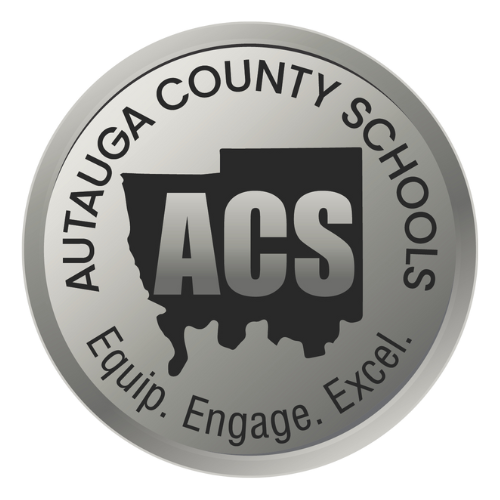Assessment and Accountability

Understanding School Assessment

How to Grade for Learning, K-12

Transforming Classroom Grading
Transforming Classroom Grading presents viable alternatives. It is about designing grading systems that are both precise and efficient. Robert Marzano provides educators with a thorough grounding in grading research and theory. After clarifying the basic purposes of grades, he discusses what should be included in them, how to use a rubric-based approach to assessment and reporting, how to compute final topic scores and final grades, and how technology can streamline the grading process. He also addresses seven types of assessment, which, when coordinated, can provide a comprehensive view of student understanding and skill. Finally, he suggests alternatives to report cards with overall grades and ways to phase in their use.
USEFUL WEBSITES
Problem Based Learning
Resources to design and manage high quality projects for middle and high school students.
Assessment for Learning Defined
http://www.assessmentinst.com/wp-content/uploads/2009/05/afldefined.pdf
Assessment Through the Student's Eyes
Rather than sorting students into winners and losers, assessment for learning can put all students on a winning streak.
http://www.assessmentinst.com/wp-content/uploads/2010/01/Asssessment-Through-the-Students-Eyes.pdf
Enhancing Student Learning
Create profound achievement gains through formative assessment.
http://www.assessmentinst.com/wp-content/uploads/2009/05/enhancingstudent_dadmn01-08.pdf
Finding Balance: Assessment in the Middle School Classroom
http://www.amle.org/Publications/MiddleGround/Articles/October2008/Article1/tabid/1755/Default.aspx
Supporting Teacher Learning Teams
The learning-team model helps teachers make changes in practice that lead to improved student achievement.
http://www.assessmentinst.com/sites/default/files/EdLead-artic_feb09.pdf

